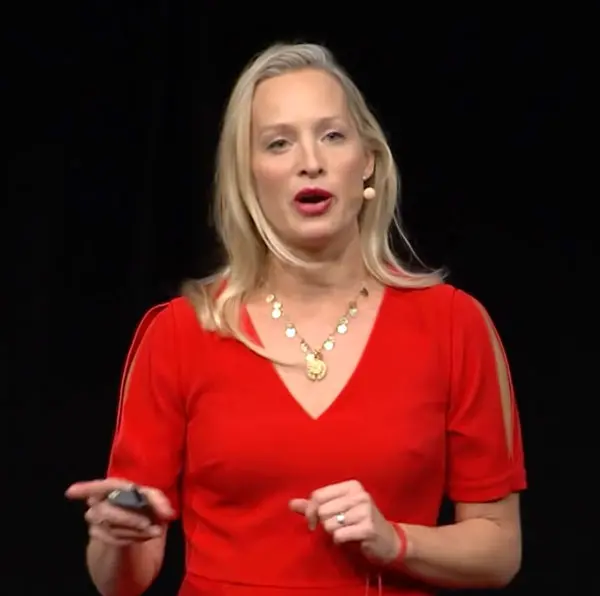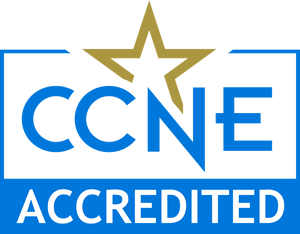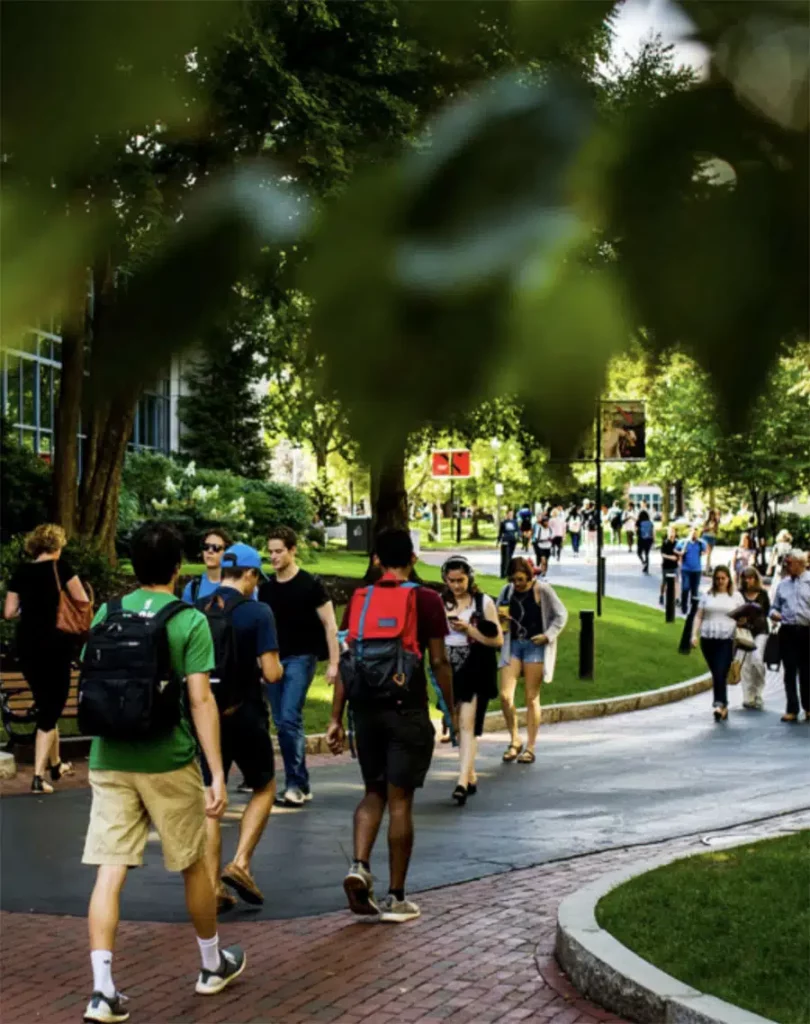YOU ARE BOUVÉ

The Northeastern University post-master’s DNP program includes advanced course work in leadership, practice inquiry, population health, informatics, and health policy.
Our goal is to prepare the next generation of nurse leaders with a greater breadth of expertise, so they can collaborate more effectively with interprofessional partners and provide leadership to enhance quality and safety. The DNP program curriculum is delivered online in an executive model hybrid format with up to four on-campus meetings each year to directly engage and network with faculty and peers.


If you’re a registered nurse with a master’s degree in nursing, or in some cases a related health field, and have required practice experience, you can apply to the DNP program.
A DNP Scholarly Project and 1,000 scholarly practice hours are required for program completion. A gap analysis upon admission will determine how many, if any, practice hours from a previously completed Master of Science in Nursing practicum qualify toward this practice hour requirement.
Students in the Post-Master’s DNP and Master’s in Nursing Leadership programs at Northeastern’s Bouvé College of Health Sciences have access to the HRSA Nurse Faculty Loan Program which provides partial loan forgiveness for up to 85% of the student’s loan if they commit to four years of full-time work as faculty in an accredited U.S. school of nursing following completion of their degree. Applicants for the post-master’s DNP and MS in Nurse Leadership who meet the eligibility criteria may apply.
Degree: Nursing DNP – Post-Master’s
Study options:
– Primarily online (w/on-ground component)
– Boston or Charlotte, NC campus
– Full-time/Part-time
Application deadline: Aug 1
GRE: Not required
Tuition and Fees

Want to know more about the DNP program, including academics, the student experience, and more? You can book a 1:1 meeting with School of Nursing Graduate Academic Advisor Halima Mastawi. Halima is available to answer any questions you have! Use the link below to book time with her.
Post-master’s students will build on their prior coursework, and clinical and professional foundations by completing 30 semester hours, including DNP Scholarly Project courses.
On a full-time basis, students entering with a master’s degree can expect to commit a minimum of 5 semesters (16 months) to complete the program. Part-time options are available to all students, also.

The Baccalaureate, Master’s and Doctor of Nursing Practice programs at Northeastern University School of Nursing are accredited by the Commission on Collegiate Nursing Education, 655 K Street, NW, Suite 750, Washington, DC 20001, 202-887-6791
Sample curriculum, subject to change.
The DNP program culminates in the successful completion of a scholarly project that demonstrates mastery of expert practice knowledge.
Please note that all letters of recommendations and official transcripts must be submitted via the Northeastern University Application Portal.
To apply to the Doctor of Nursing Practice program you will need the following:
Minimum GPA in master’s program of 3.0
Official transcripts for all previous college work
Current résumé or curriculum vitae
Personal statement indicating applicant’s personal goals for obtaining a DNP and expectations of the program (Minimum 500 words)
2 letters of recommendation
Master’s degree in nursing is required. In some cases registered nurses holding a master’s degree in a related health field may be acceptable.
Current U.S. RN licensure
Current Certification in Advanced Practice Role, if appropriate
2 years of current experience in the nursing field required, advanced nursing leadership or practice role is preferred



A master’s degree in nursing is preferred. In some cases, registered nurses (with a BS or BSN) holding a master’s degree in a related health field may also be accepted.
If you received your master’s degree from Northeastern University and took any of the following courses that are required for the DNP program (NRSG 6300, NRSG 6306) in the allowed 5-year time frame, then you may be eligible for advanced standing (meaning that you do not need to repeat the course). Each transcript will be reviewed individually. Be advised the DNP sections include activities for scholarly hours and any other additional work must be made up.
NOTE: Subject to change according to the University and Bouvé College of Health Sciences requirements as indicated in the Northeastern University Catalog.
You may be able to transfer credits from another graduate nursing program if the credits were not previously applied toward another degree or certification. However, the courses must be equivalent to our required courses and each transcript will be reviewed individually. The number of credits that can be transferred into the program is determined by the University and Bouvé College of Health Sciences. Please connect with us to learn more.
Full-time or part-time enrollment is available. Students who attend full-time complete the degree in five continuous semesters (21 months).
Students who attend part-time usually complete the degree in three years. Students must consult with the financial aid office to assure PT status is acceptable for loan eligibility. All students (full-time or part-time) must take the NRSG7100 Leadership in Advanced Nursing Practice course as the first course which is offered in the Fall.
We suggest you visit the AACN’s website.
